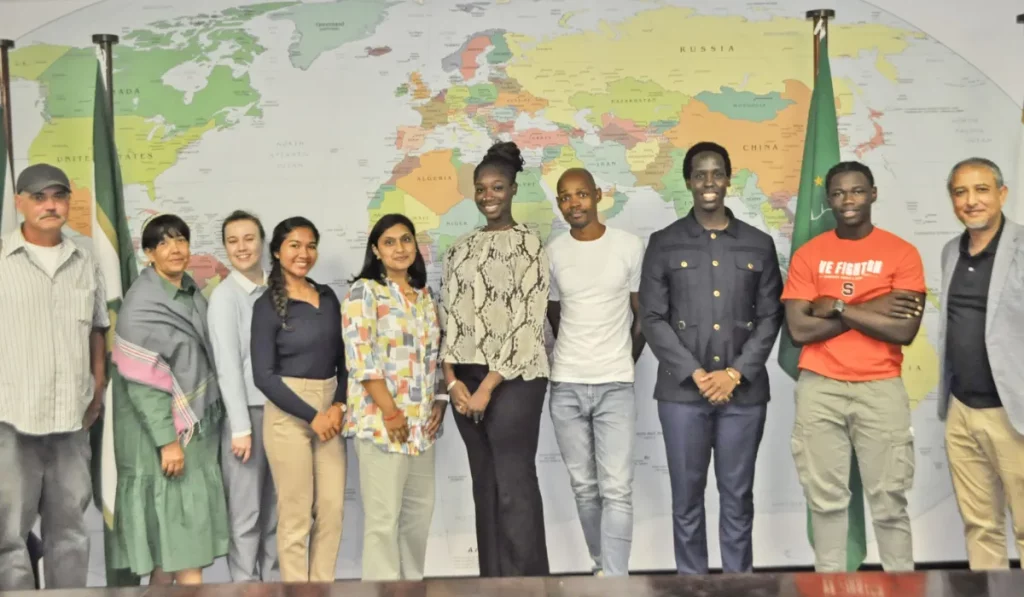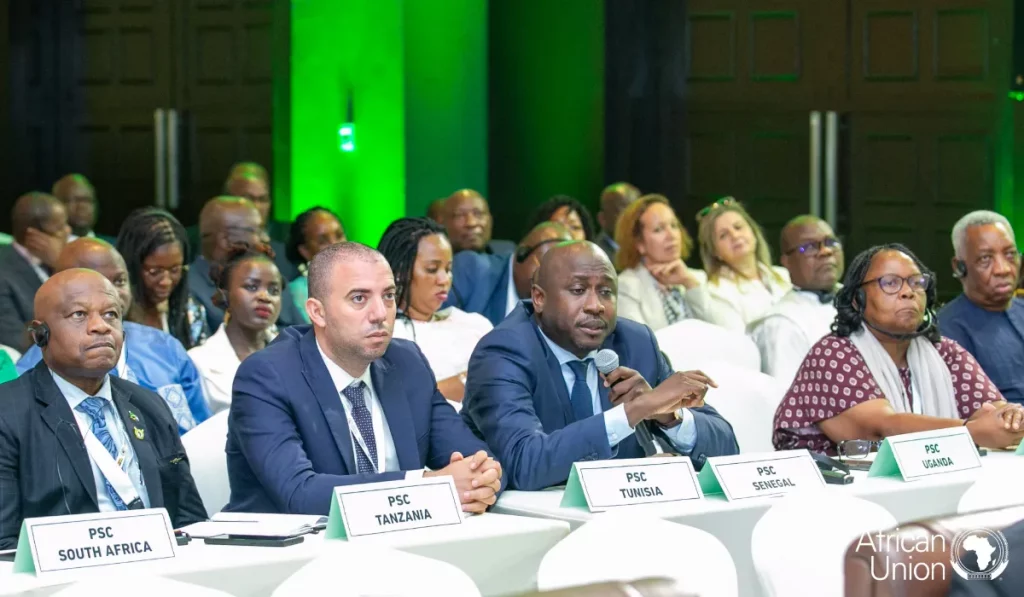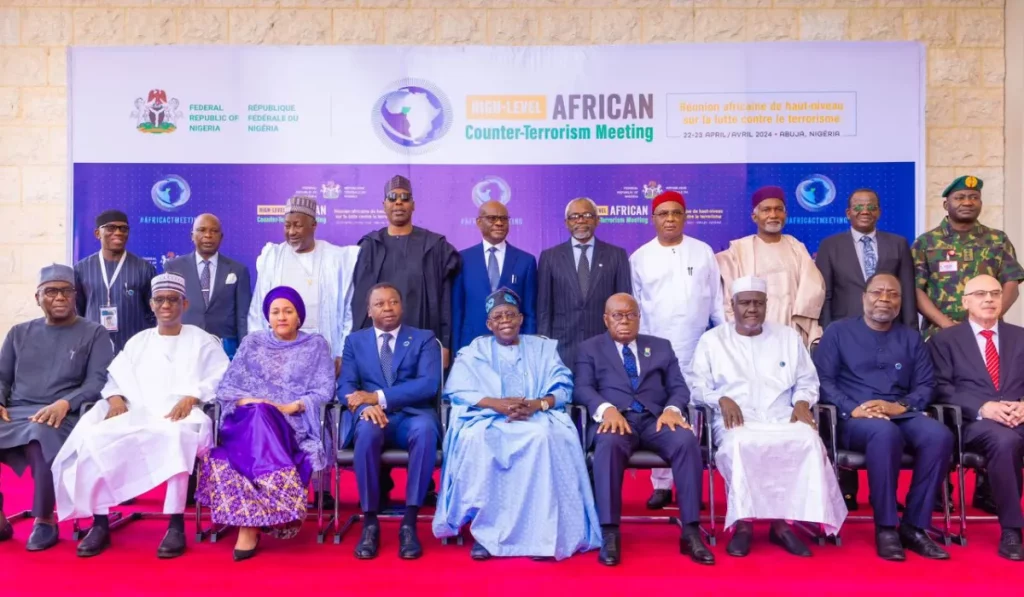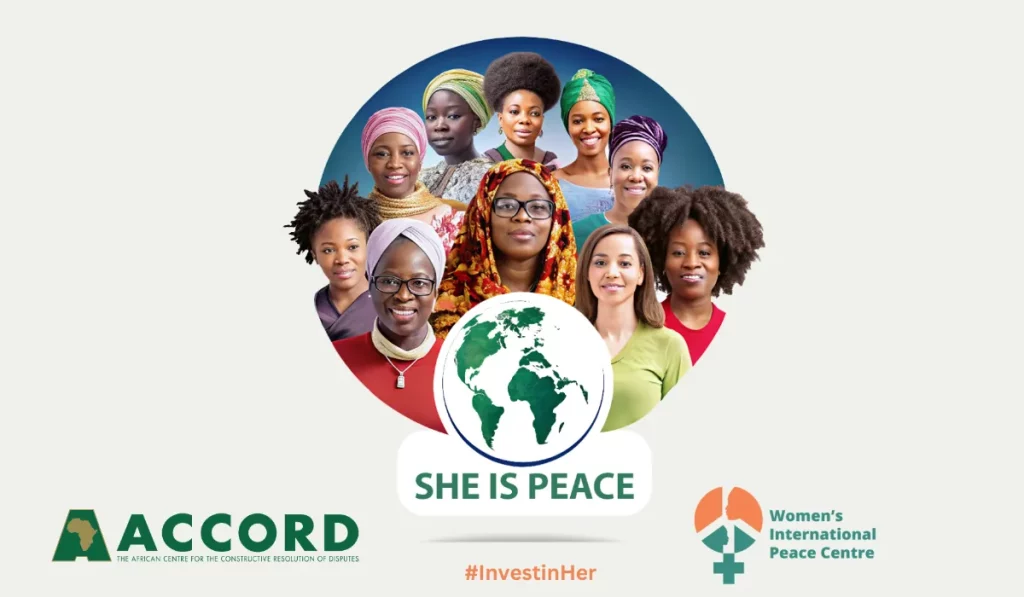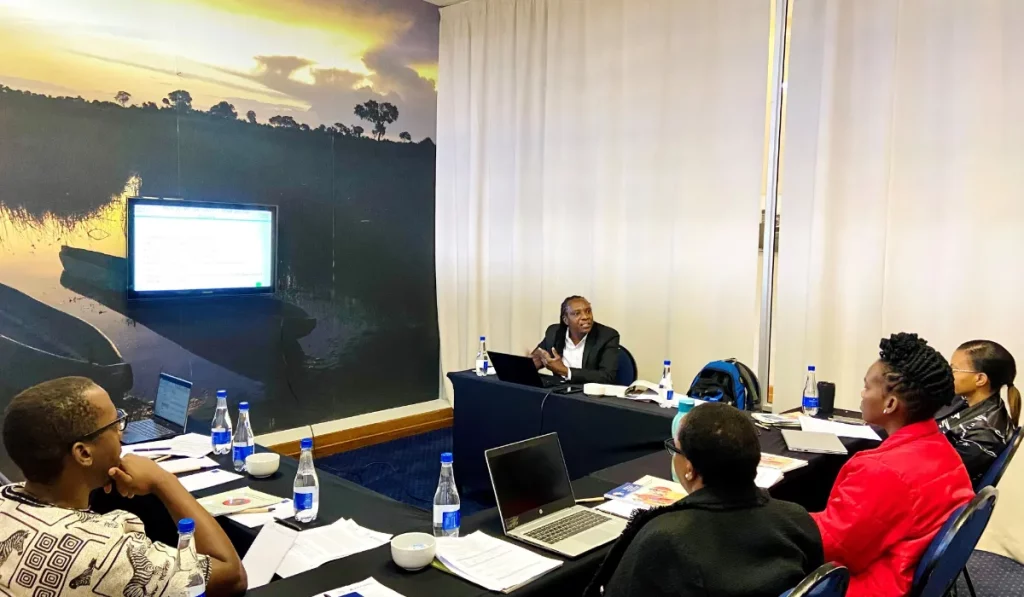On 1 November the Founder and Executive Director of ACCORD, Vasu Gounden was a resource person at the “OECD/DAC Experts Meeting on Developing Practical Guidance on Armed Violence Reduction” in Nairobi, Kenya.
He was invited to the meeting by the United Nations Development Fund (UNDP), and it was co-hosted by UNDP and OECD/DAC. The event was timed to coincide with the consultation on the Geneva Declaration on Armed Violence, which took place in Nairobi from 30-31 October.
The aim of the meeting was to gather information on the nature and context of armed violence in Africa, and to share evidence of successful programmes that have helped reduce armed violence and promote development. It is planned that this information will be used to inform the draft donor guidance on armed violence and development which is being prepared within the OECD Development Assistance Committee. The guidance is intended to help donors and practitioners design, implement and evaluate armed violence reduction programmes. It will focus on contexts of armed criminal and political violence, including in countries affected by violent conflict, and will draw on existing guidance on conflict prevention and security sector reform. The Africa consultation, which was the second in a series of regional consultation meetings, was designed to ensure that the guidance reflects the realities and experiences of developing countries.
Mr Gounden was asked to make a presentation during the session entitled “Characterising the problem: Conflict and Crime in Africa”. This session consisted of three break-away groups that aimed to explore particular contexts in which armed violence is prevalent. Mr. Gounden headed the group that was focusing on the issue of violent conflict (either over resources and/or based on ethnic identity) and post-conflict crime waves (looking at the transition from political to criminal violence, from a war to a peace economy, and the role of non-state armed groups). The other two groups focused on Urban crime and violence and rural crime and violence, including cross border trafficking.
The groups began with discussing the means of measuring the impact of armed violence on development as well as identifying possible entry points for programmes that tackle armed violence and build resilience in society and government.

